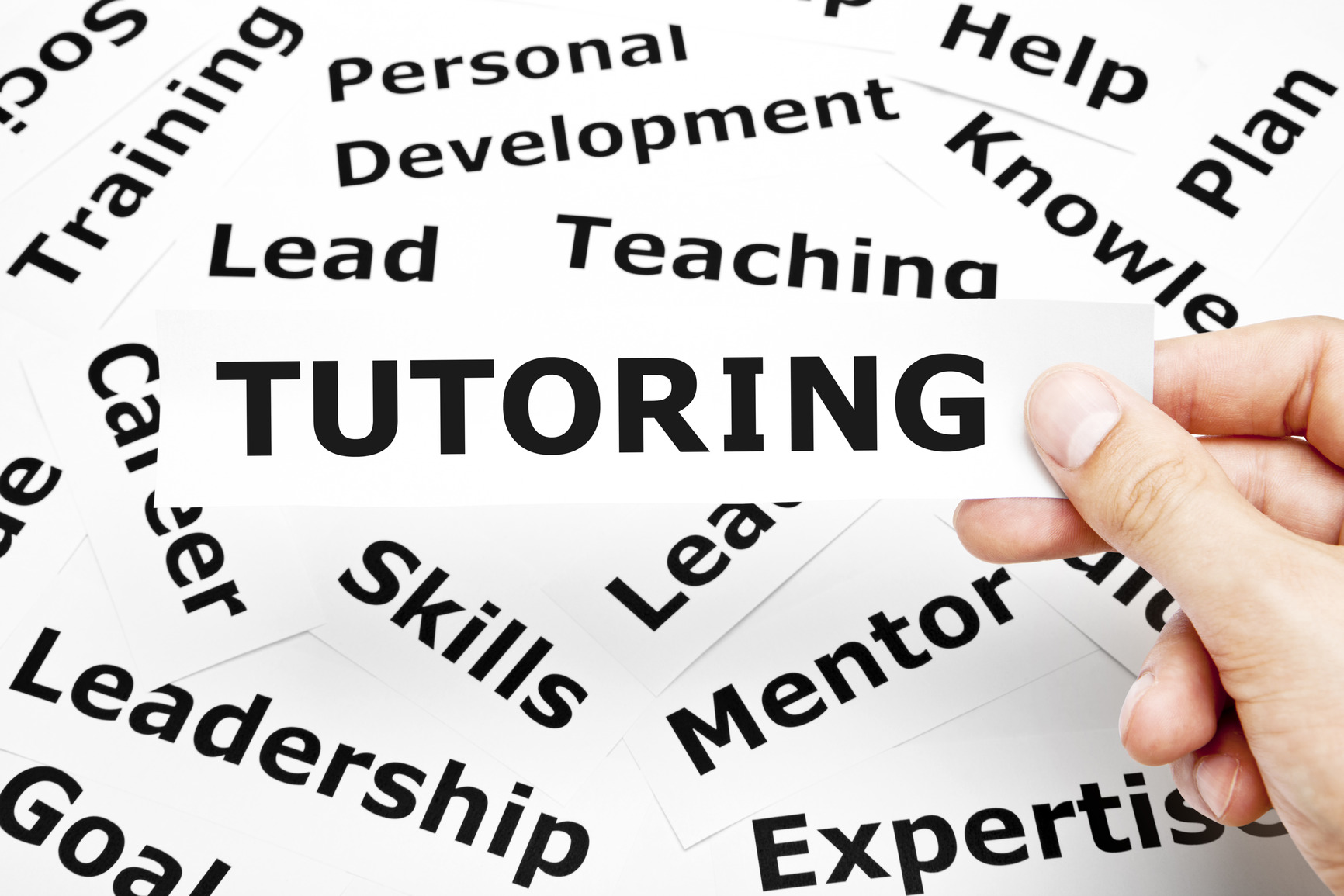Tutor: A private teacher for individuals or small groups. A skilled instructor. A mentor, a coach, a motivator. The word tutor seems almost all-encompassing – homework helper, special education, SAT prep, specialty skills, supplemental instruction, online tutors, the list goes on. More families than ever before are searching for high-quality tutors for their children. The online tutoring market alone is projected to grow by 15.6% in the next 7 years, seeming like a good time to enter the business! So, how do you know if it’s right for you? How do you know if you have what it takes to be a tutor?
Traits of a High Quality Tutor
To be done well, tutoring requires certain personality traits that lend towards the ability to meet student needs.
The best tutors have an innate growth mindset, wanting to grow not only themselves, but to help others around them (their students) do the same. They will have a passion for learning and will want to be life-long learners alongside their students. A great tutor will show empathy, being able to see situations through their student’s eyes. They’ll need to be able to connect and build rapport with not only the student, but their family as well. Creativity is a must in writing lessons, expanding knowledge, and keeping the student engaged! It’s important to have a patient demeanor in tutoring, to be able to encourage independence from the student without rushing them or showing frustration.
Tutoring also requires general professional traits that will allow for an upkeep of job performance.
First, a great tutor needs strong communication. You’ll be communicating with the company you work for, the students you are serving, their families, and sometimes their teachers and school personnel. You’ll need to communicate on a regular, on-going basis and keep detailed logs of these communications. Second, a high quality tutor will have strong organization. Not only will you need to keep track of your records, data, intake forms, parent communications, billed hours, and tutoring materials, but you’ll need to be able to assist the students you serve in keeping track of their assignments, tests, homework and other learning materials! Last, but certainly not least, a fitting tutor will possess the ability to uphold confidentiality. A high quality tutor will know their student and their family deeply, and likely learn information about the student academically and outside of academics. All of this information should be shared with the student and family only – tutoring isn’t the job to share anecdotes about at dinner with friends.
Skill Set of a High Quality Tutor
There are a number of skills that will increase your capability as a high quality tutor. The first being subject matter mastery. If your goal is to be an elementary science tutor, you should have a strong technical knowledge of K-5 science topics, standards, and science curriculum. You should be able to explain the science of the water cycle in multiple ways, to ensure an understanding by your student.
Second, you’ll need an understanding of targeted interventions to match the curriculum for the subject matter you intend to teach. Keep in mind that many students require tutoring because the general academic instruction was not enough for them to master the concepts – they will need specific interventions to grasp the standards.
The third skill you will need is the ability to adapt curriculum, standards, and lessons for a personalized learning environment. Most tutoring environments will be 1:1 or small group, in which the tutor should tailor the learning experience to appeal to their individual learning style and engage them in the work.
Experience of a High Quality Tutor
While becoming a tutor only requires a high school diploma or a GED, there are other experiences that are beneficial and will help you not only stand out in the market, but become the best tutor you can be for your students. The most important experience is having spent time with children. A background in working with students of similar age group to who you intend to tutor will be helpful in finding and being successful in a tutoring position.
Completing tutoring education & training will provide you with important knowledge and background information to assist you in being a high quality tutor. Georgia Highlands College offers Online Tutor Training, including 10 modules covering responsibilities, learning styles, disabilities, cultural differences, and more. Some companies will require Tutoring Certification, which can be pursued through certifying programs such as the National Tutoring Association. It would also be beneficial to join a Tutoring Association that aligns with your beliefs and tutoring mentality. A membership in these associations includes member benefits, conferences and networking opportunities.
For more information on Georgia Highlands College Online Tutoring Training, visit: https://sites.highlands.edu/tutorial-center/tutor-resources/online-tutor-training/
A list of organizations that provide Tutoring Certification can be found here: https://www.learnhowtobecome.org/tutor/
Most importantly, a tutor will have the drive to want to make a difference in a child’s life and will be motivated by their students’ successes!
Visit our website for information about becoming a tutor with Atlanta Tutors LLC.

